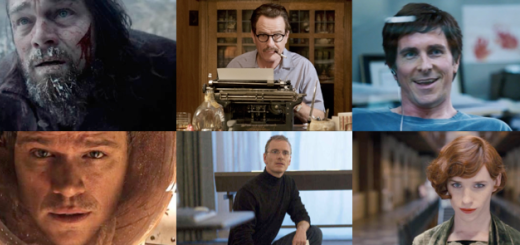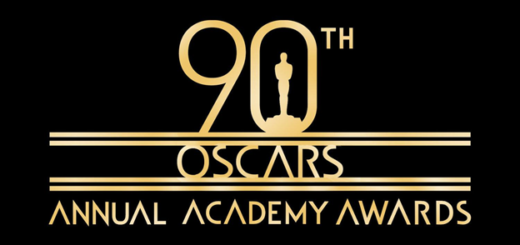The Student Academy Awards: Ariel Heller’s MAMMOTH
The 2017 Student Academy Awards feature a batch of outstandingly diverse directors and stories. With three thesis films shot outside of the United States (from Croatia to Taiwan), and the rest dealing with issues of serious political and personal weight, the nominated films continue to prove themselves as a beacon of unheard voices in a rapidly changing industry. With this series, Crossfader will be highlighting all seven filmmakers from the Live Action – Domestic section.
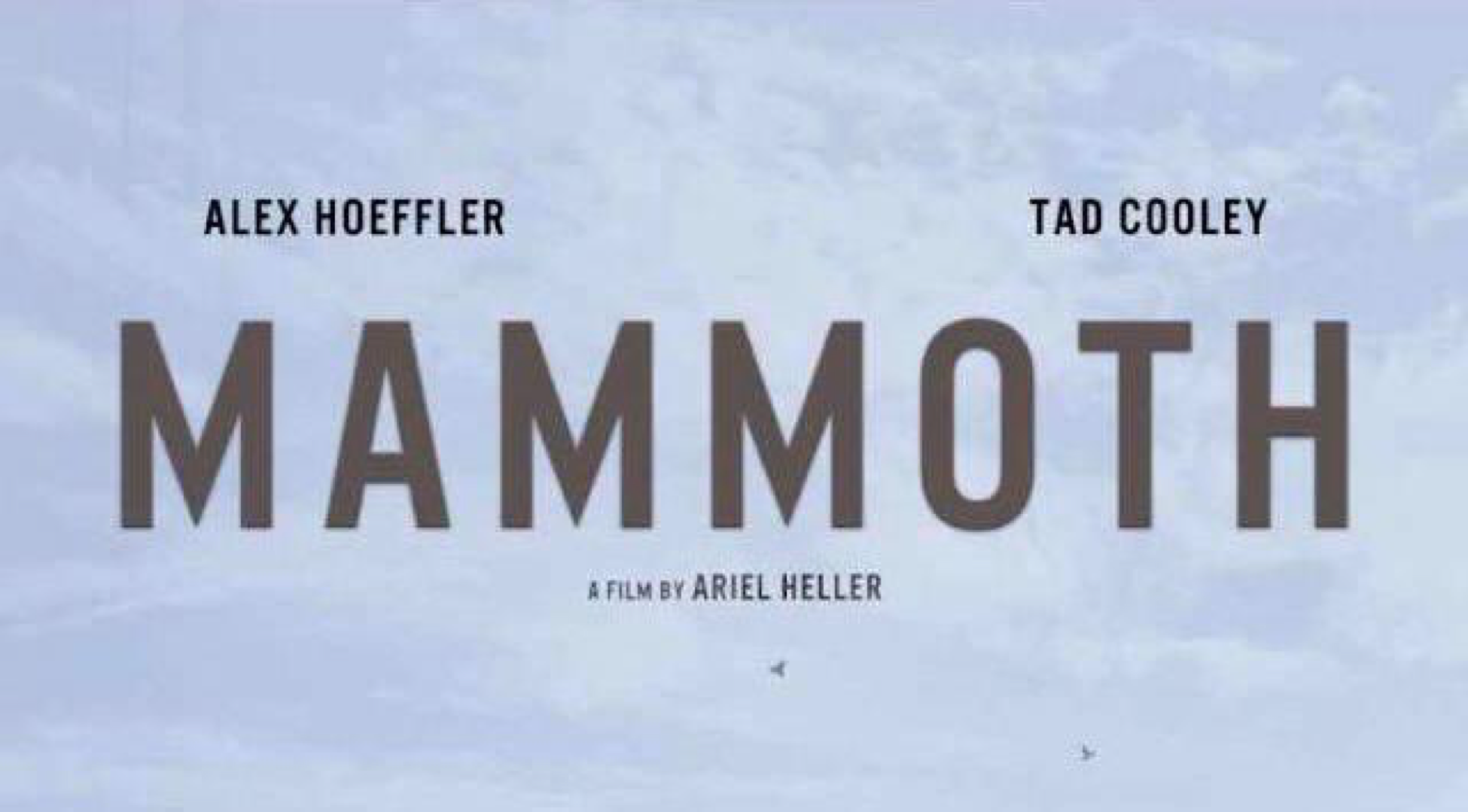
Today’s spotlight is Ariel Heller. With a musical theatre degree from Emerson College and an MFA from USC’s School of Cinematic Arts, his thesis film MAMMOTH went on to garner the attention of the Academy. A touching portrait of grief, loss, and fraternal bonds, MAMMOTH follows a man on a bucket list tour, culminating in the tragic, but necessary, assisted suicide of his terminally ill sibling. Two powerhouse central performances and an astute observational eye embed MAMMOTH with a cheeky blend of farcical, laugh-out-loud humor and eye-wetting drama. Raw, sincere, but never preachy, Heller’s film is a wonderful case study for strong dramatic storytelling.
How did you get started on this project?
I found the original script, written by Celia Rettenmaier, in the 546 pool [a USC script database for prospective second and third year projects]. I was initially shortlisted to direct, and Celia’s script was in that batch. The story was initially quite different, but the core premise of two brothers on a road trip while one of them is dying was there. I guess it was just a gut feeling where I understood what Celia was doing. At USC they really teach you how to understand a story, so I met with her and knew at that point that I wanted to do the film. As a director I told her that, “regardless of if the school chooses us to make this a 546 project, I want this to be my thesis film.” So initially we wanted to make it in the fall of 2016, but we ended up finishing it in the spring of 2017.
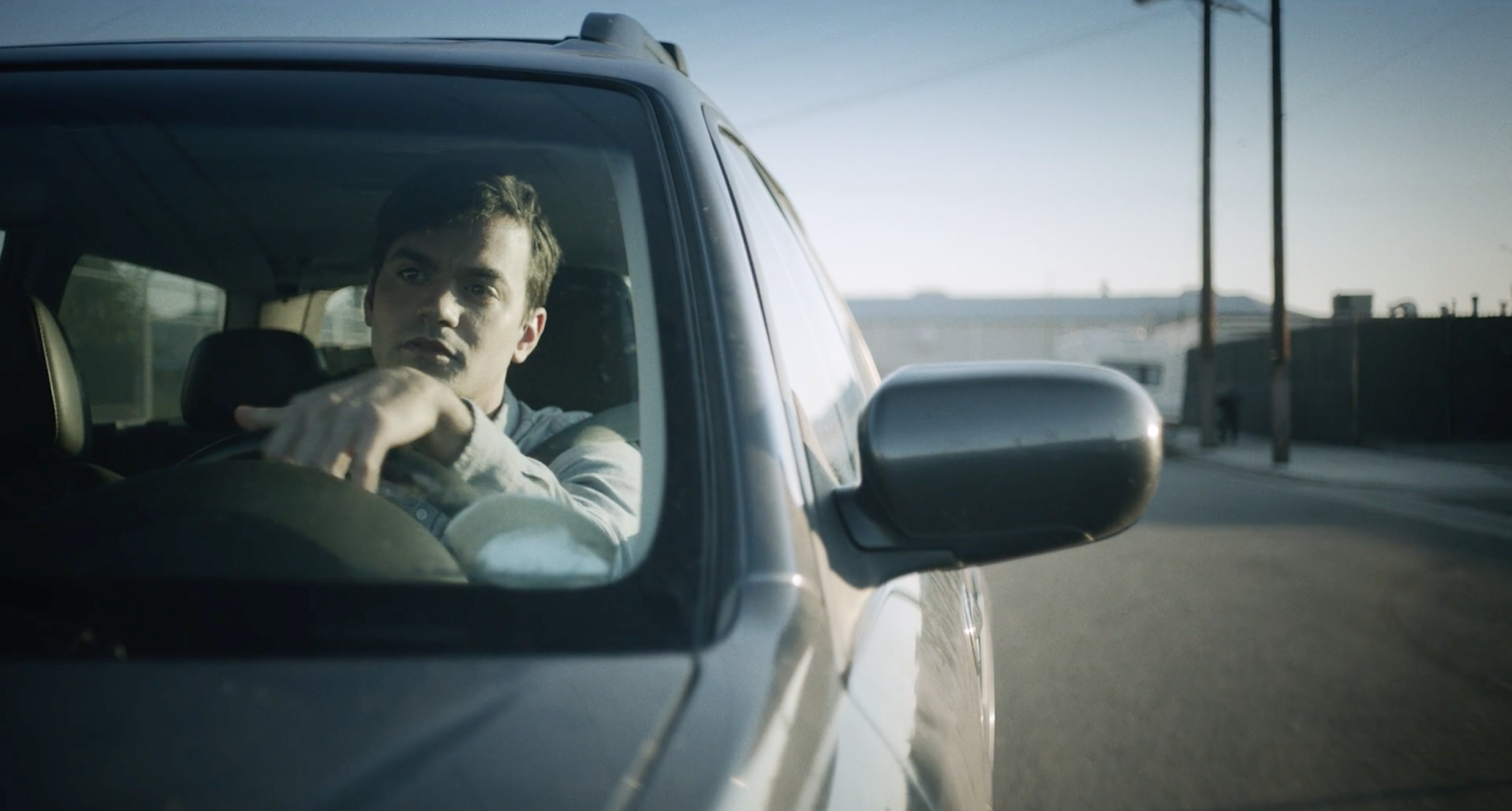
Talk about the “Death With Dignity” aspect of your film.
Sure. I wanted to hold true to the idea of the brother ending his own life. In the original script he didn’t do it. But I had been keeping up with the “Death With Dignity” law, so although I didn’t want the film to get on a soapbox about it, it resonated with me in a real way. I had a friend I had lost to cancer, and saw how difficult it was; I felt it necessary to stay true to that premise.
Once the pre-production was done, how did you deal with capturing the internality of its conflict?
That’s a great question. There was a lot of discussion in the development process regarding the internal conflict. In a way the entire conflict is internal. Some said there wasn’t enough external struggle, but I just put myself in the characters’ shoes. I got a brother. I just know that, God forbid, if this happened to any of us, I would support them. To me, this was a really interesting entry point to a story: dealing with grief when you know it’s coming. It’s more about those left behind than the one leaving. It’s about having the courage to speak up. Conflict and differences don’t go away because somebody is dying. I just wanted to get at that nuance.
That’s beautiful. I really loved the way you structured the narrative. Each act becomes more and more intimate. The first scene is almost farcical and absurd, then we have the close friends scene, which is silly but sincere, and then the mother, which is very intimate. So why did you pick the nerf gun scene for the middle of the movie?
Man . . . it’s just me. It’s just a thing I would do. I wouldn’t wanna sit here and cry with all of you. I’d wanna have a party. I wouldn’t want your last memory of me being “boo-hoo me,” I’d want you guys having a blast. I’d want to do things while I still could, while I’m not totally fucked up on meds. My friend didn’t have that opportunity. His cancer was unbelievably aggressive. He was immediately in a hospital, and wasn’t conscious basically. So I took that concept and tried to figure out what the opposite of that is. What’s the opposite of . . . death?
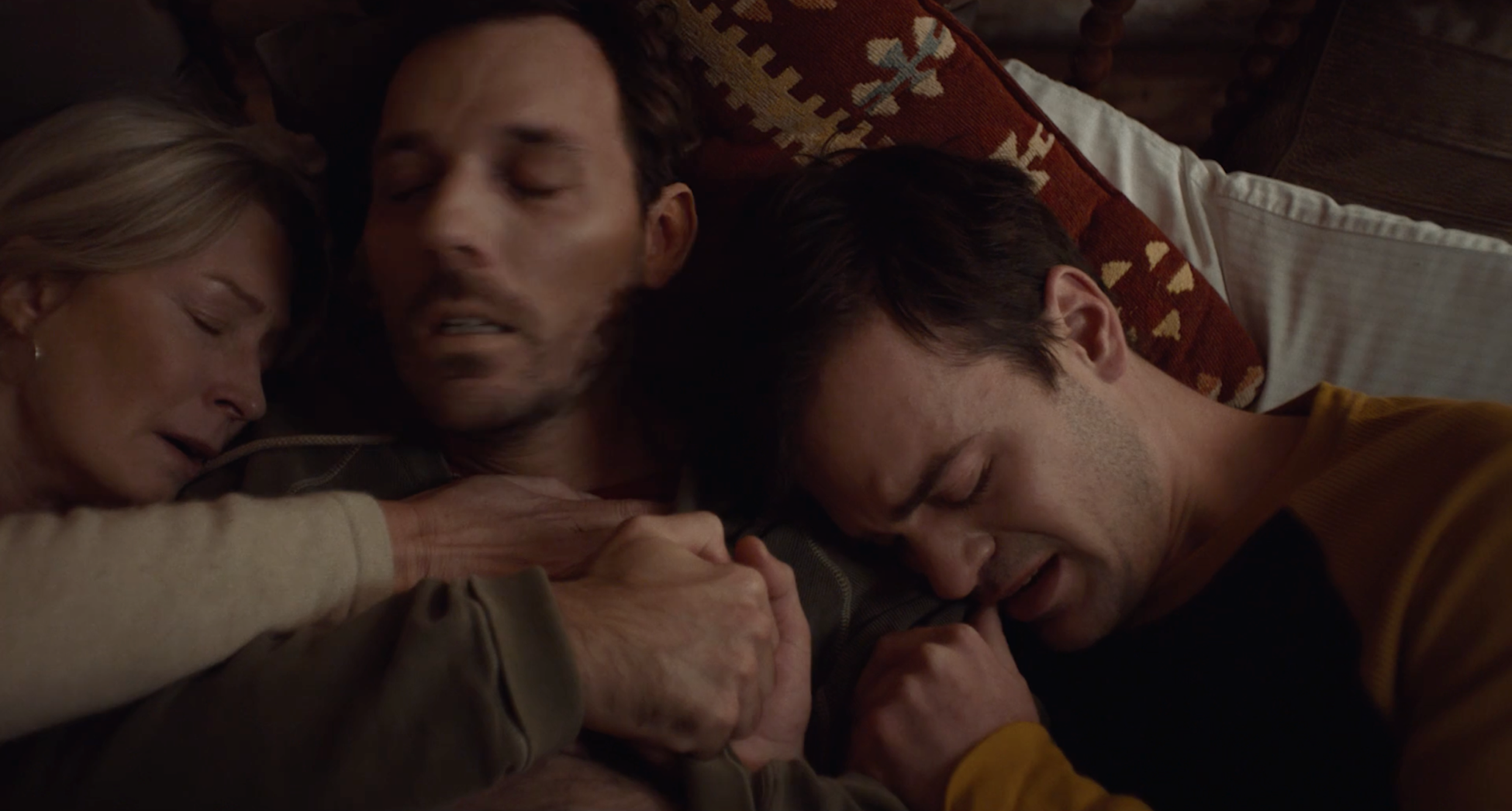
So what’s that like then, taking a script that someone else wrote and adding yourself to it? I assume the nerf guns were something you added in.
Yeah. In the script, the idea of a “best friend you have to tell about your death” was already there. I thought that concept was really good. In film school you see a lot of films about cancer, break-ups, homeless people, etc. There are just a lot of tropes you’ll see over and over again. In student films and storytelling in general. My approach to this was taking something that’s been told, but reveal and explain it in a unique way. How do you get to that moment of talking about your own death. That’s why your description is so apt. A lot of people told me that the opening was too silly compared to the rest of the film, but I was like “NO! This is me!” Initially we’re further away from the moment of truth, but as we approach it, the adrenaline wears off and we get to a point where things become more serious, and sincere. I guess that’s a long-winded answer, but in short I just wanted to take something really serious and find an honest, fun way of exploring it.
And you’re still in the festival circuit, right?
We haven’t even really started. So the Student Academy Awards is great. It’s really rewarding, because so many people worked incredibly hard on it, and with these press releases, it really means that people are paying attention, and likely to give our film a chance.
Catch MAMMOTH on the festival circuit later this year, and keep your eyes peeled for more of Ariel’s work down the line!


